Tin chloride refers to chemical compounds consisting of tin (Sn) and chlorine (Cl) in various combinations. The most commonly encountered forms are tin(II) chloride (SnCl₂) and tin(IV) chloride (SnCl₄), each with distinct properties, uses, and chemical behaviors. Tin(II) Chloride (SnCl₂) Tin(II) chloride, also known as stannous chloride, is a white crystalline solid with a melting point of 247 °C. It is highly soluble in water, forming an aqueous solution often used in laboratory and industrial processes. SnCl₂ is a reducing agent and plays a key role in organic and inorganic syntheses. It is widely used in: Electroplating: For coating surfaces with tin to prevent corrosion. Mordant in textiles: To fix dyes on fabrics. Chemical synthesis: As a reducing agent in reactions, such as reducing nitro groups to amines. SnCl₂ is also employed in mirror manufacturing to deposit silver coatings. Tin(IV) Chloride (SnCl₄) Tin(IV) chloride, or stannic chloride, is a colorless, fuming liquid with a sharp odor. It is highly reactive and hydrolyzes in water to produce hydrochloric acid and tin compounds. This compound is primarily used as a catalyst in organic reactions, particularly in Friedel-Crafts acylation and alkylation. Other applications include: Glass etching: For creating frosted or decorative finishes. Manufacture of ceramics: Enhancing gloss and durability. Synthesis of organotin compounds: Used in stabilizers and biocides. Safety and Environmental Considerations Both SnCl₂ and SnCl₄ are corrosive and can cause irritation upon contact with skin or mucous membranes. Proper handling, including the use of gloves and goggles, is essential. Additionally, environmental disposal of tin chlorides should be managed carefully due to potential ecological impacts. In conclusion, tin chloride compounds are versatile materials with broad applications in chemistry and industry. Their unique properties make them valuable in manufacturing, synthesis, and surface treatments, emphasizing their significance in modern technology.
Tin Chloride
| Synonyms : | Stannous Chloride |
| Cas No : | 7772-99-8 |
| Formula : | Cl2Sn |
| Hsn Code : | 28273990 |
| Form : | Power |
| Molecular Weight : | 189.62 g/mol |
| Melting Point : | 246 °C |
| Boiling Point : | 652 °C |

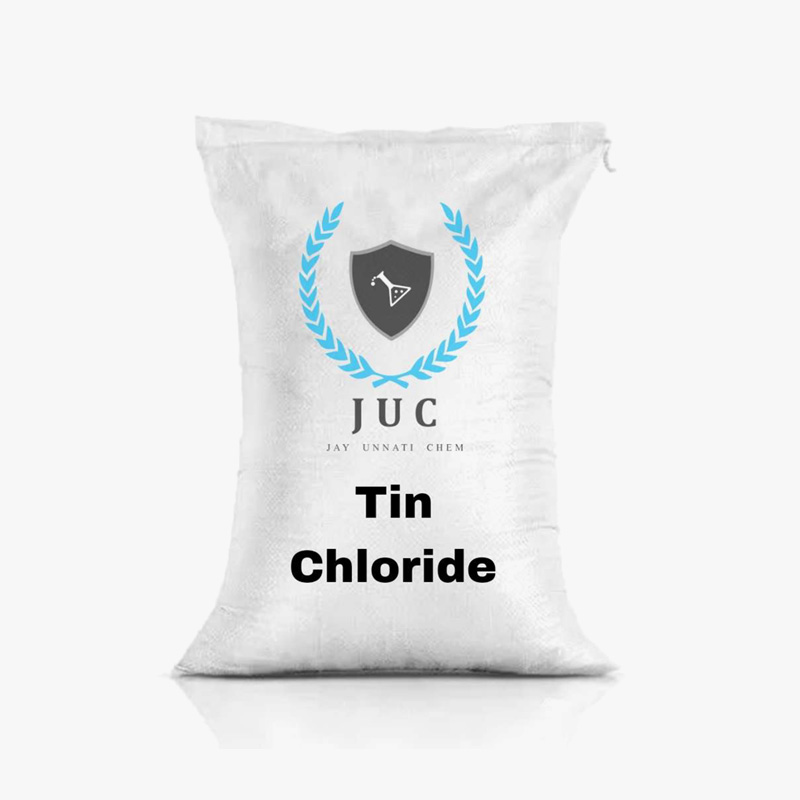
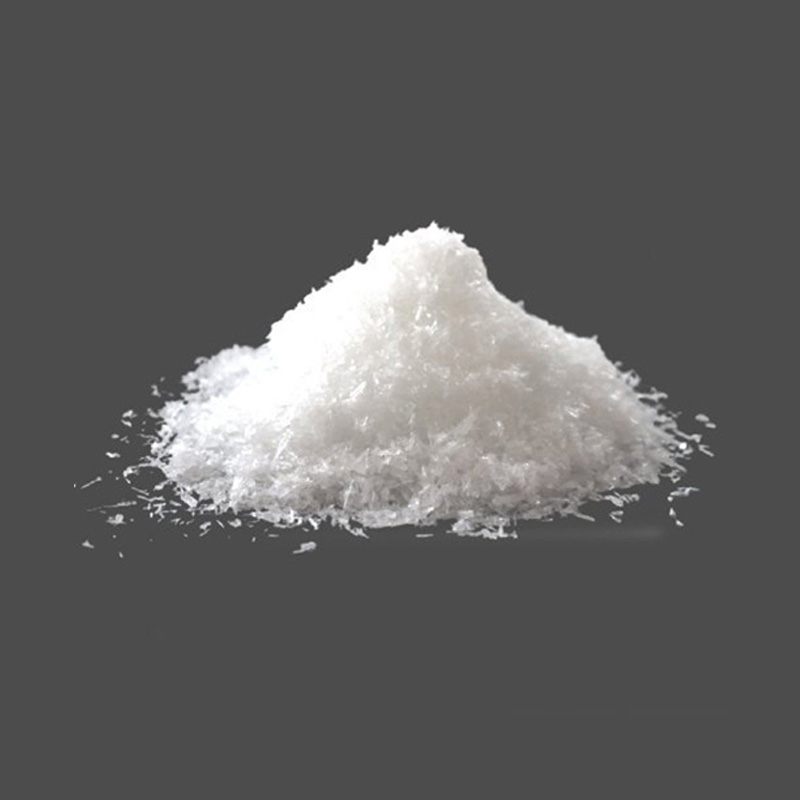
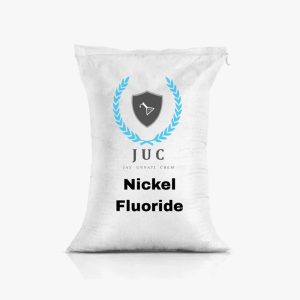
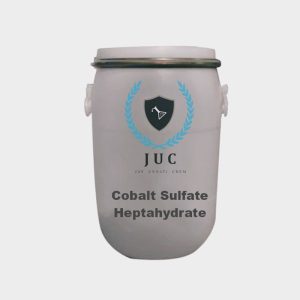
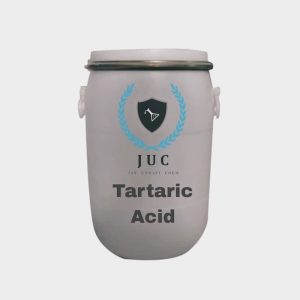
Reviews
There are no reviews yet.